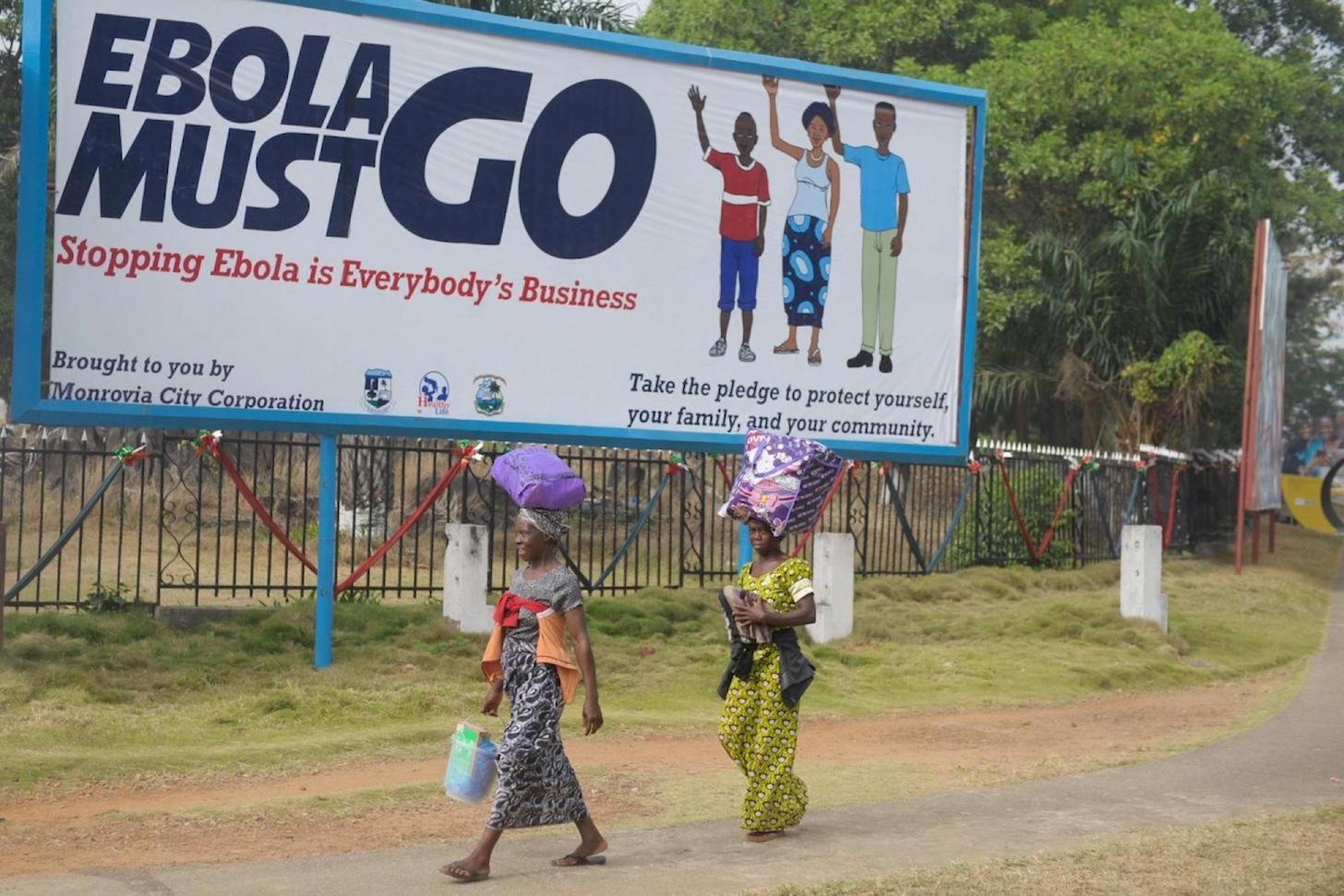A veteran of Doctors Without Borders' Ebola mission in Uganda sees some surprising similarities in our behaviour during the COVID-19 pandemic.
“No! Don’t touch me,” protested the worker at the Gulu Airport when I attempted to shake his hand.
His t-shirt read “NO BBC.” No body-to-body contact.
This is what life was like during the Ebola outbreak in northern Uganda in 2000.
I never thought that I would be doing the same thing here in Toronto as that worker at the Gulu Airport. A few days ago, I encountered a colleague at the pharmacy. As she approached, I put my hand up to stop her from advancing further.
“Sorry,” I said. “I’m trying my best to follow the social distancing recommendation.”
It’s just one of the many ways the COVID-19 pandemic parallels my experiences working in Uganda.
I’m not a medical person. I’m not a doctor or nurse. I’m just a pilot. I was the pilot for Artzen Zonder Grenzen (or MSF-Holland, which is the Dutch section of Doctors Without Borders) in Uganda in 2000. Before the epidemic in West Africa, it was the site of the largest Ebola outbreak in history, with around 425 people contracting the illness. More than half died.
To be honest, I was so young and naïve that I’m ashamed to admit I didn’t even know what Ebola was at the time. After doing my first flight to Gulu, I learned quickly. During the 10 days I flew between Entebbe and Gulu, my main cargo was empty black body bags.
As the CBC news displays images of all the bodies in Italy during this COVID-19 pandemic, I have flashbacks. I would arrive at the airport each day and ask, “So, what is my cargo today?” The answer would usually be, “Body bags. More body bags.”
In addition to body bags, I transported medical staff from all over the world and disinfectant cleaners to sanitize all hospital workstations. (How many of us rushed to the stores for sanitizer to protect ourselves from COVID-19?)
What if COVID-19 is trying to tell us something? What is that message?
I just spoke with an ex-MSF colleague, who is working on the COVID-19 pandemic in Ottawa.
“I believe that in everything that is ‘bad’, there can be something ‘good’ to come out of it,” I told her.
“The good thing that I am seeing come out of this pandemic is that all the organizations are talking to each other,” she said. “They are working together trying to find out what medical staff are available locally and what people are on their international lists could be recruited to support with this domestic crisis.”
Much like non-profits are learning to pool resources—lending their expertise and services to whomever needs it most—I see this as a crisis that can be improved if we work together. You don’t know what people need until you ask, “How can I help? What would make things better? How can I support you?” Sometimes just a friendly voice helps.
Once Ebola emerged in Gulu, members of other communities headed north to lend their support, including medical professionals from Kampala.
I believe that if COVID-19 has a message, it’s this: To come together as a community We can and will get through it, but only if we do it together.
